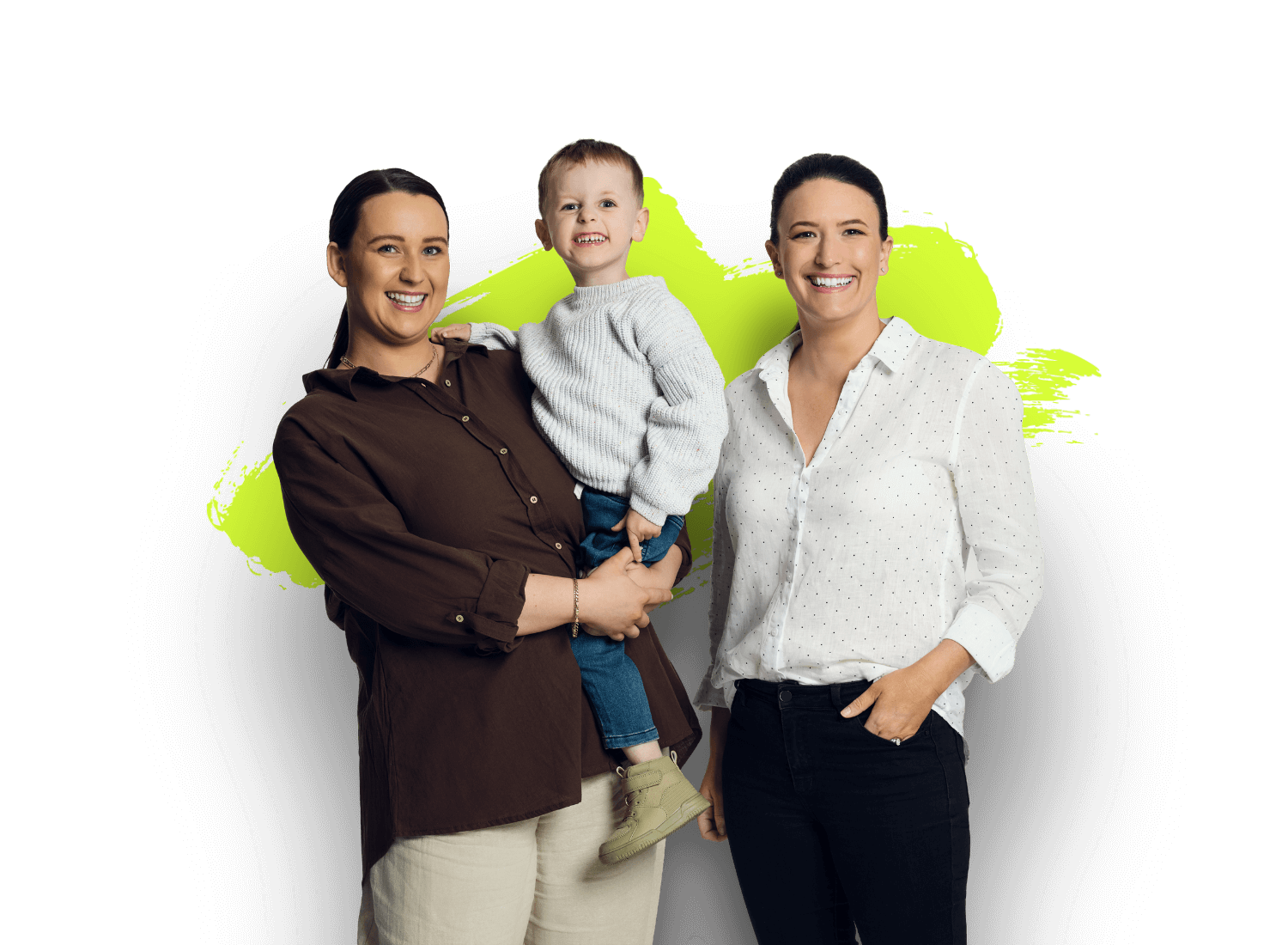Our key worker model offers many benefits for both your child and family. These include:
- a single point of contact provides consistency, which can be particularly beneficial for children who may struggle with transitions or changes
- all areas of your child’s life are considered, including their physical, emotional, social, and cognitive development, not just one aspect of their development
- the key worker coordinates all the services your child needs, which can save you time and reduce stress. They can liaise with other professionals, schedule appointments, and ensure everyone is working towards the same goal.
- we’ll consider the needs of your child and family when providing services and strategies that easily fit into your family’s routines and needs
- support is provided in the settings where your child spends their time, such as home, school, or community settings.
- research shows that the key worker model can lead to improved outcomes for children and families, including better communication, increased satisfaction with services, and improved child and family functioning.




